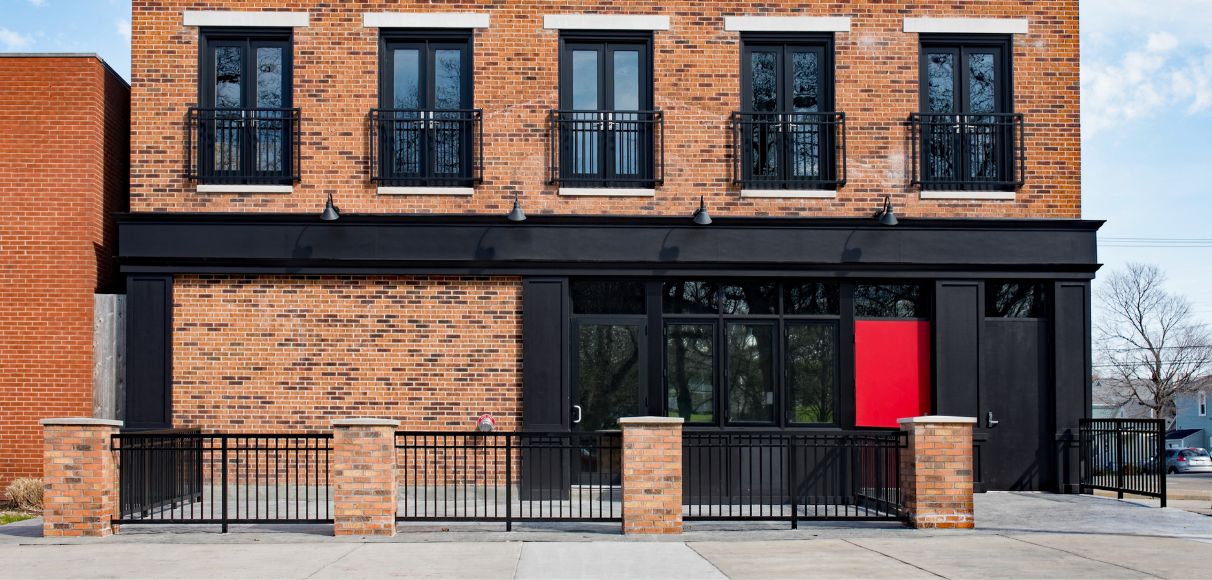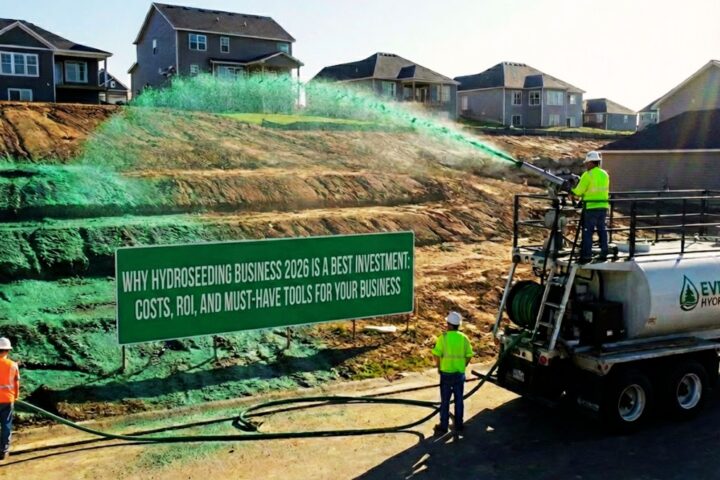Shopping for commercial real estate isn’t too different from buying a new home. You need to research the location, gauge your budget, and decide on the design you want. In addition, your work building is crucial to the company, even if you work in industrial fields—it’s the home base. Broaden your understanding of these considerations to make when buying a building.
Determine Your Overall Budget
Evaluate your business expense sheet and compare how much money you have to the price of local real estate. You may need to cut back on some spending to broaden your building options. You also may need to take out a mortgage on the commercial property or apply for a loan. Common types of commercial real estate loans include the following:
- SBA7 (a) loan
- SBA 504 loan
- Commercial bridge loan
- Soft or hard money loan
Work with a commercial financing expert and a bank to decide which option is best for your business needs.
Pro Tip
As you compare prices, ensure you also factor in the value of the space. Does a small building cost more than a large office space in the same region? Consider what assets may increase the price of commercial space. The smaller building may cost more because it’s in a business district, while the larger, affordable structure is just outside the city.
Type of Space
The next consideration when buying a building is the type of space you need. Do you really need a building, or is a suite sufficient? Consider your number of employees, line of work, and furniture to determine the best size. Likewise, you may need a warehouse rather than a standard office building.
A brick-and-mortar building may not be the right option if you own a mining or construction company. Many companies in these industries use fabric shelters because they’re portable and budget friendly. Before buying yours, evaluate how to get the most out of a fabric building. A fabric structure lasts at least 15 years with proper maintenance.
Impacts of the Location
Finally, evaluate how the location will impact your target market. If you’re moving an established business, determine how far you’ll be from current customers. Share this change with all your patrons so they can prepare. Contrarily, research the top areas for the demographic you plan to sell to if your business is a start-up. Would one place in the country be better than another? The answer may also impact the price since real estate varies from city to city.
Consider how your location may impact access to materials. Essential items will come at a higher price if they need to travel further. Taking time to evaluate all your options will ensure you purchase the ideal workplace for your business.









